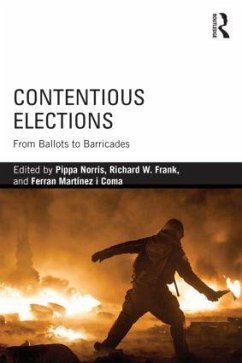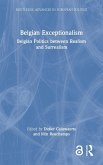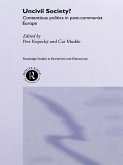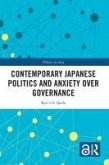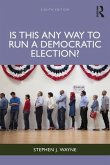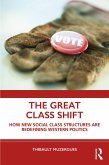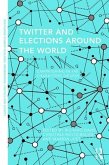From Afghanistan to Zimbabwe the world has witnessed a rising tide of contentious elections ending in heated partisan debates, court challenges, street protests, and legitimacy challenges. In some cases, disputes have been settled peacefully through legal appeals and electoral reforms. In the worst cases, however, disputes have triggered bloodshed or government downfalls and military coups. Contentious elections are characterized by major challenges, with different degrees of severity, to the legitimacy of electoral actors, procedures, or outcomes. Despite growing concern, until recently little research has studied this phenomenon. The theory unfolded in this volume suggests that problems of electoral malpractice erode confidence in electoral authorities, spur peaceful protests demonstrating against the outcome, and, in the most severe cases, lead to outbreaks of conflict and violence. Understanding this process is of vital concern for domestic reformers and the international community, as well as attracting a growing new research agenda. The editors, from the Electoral Integrity Project, bring together scholars considering a range of fresh evidence- analyzing public opinion surveys of confidence in elections and voter turnout within specific countries, as well as expert perceptions of the existence of peaceful electoral demonstrations, and survey and aggregate data monitoring outbreaks of electoral violence. The book provides insights invaluable for studies in democracy and democratization, comparative politics, comparative elections, peace and conflict studies, comparative sociology, international development, comparative public opinion, political behavior, political institutions, and public policy.
Hinweis: Dieser Artikel kann nur an eine deutsche Lieferadresse ausgeliefert werden.
Hinweis: Dieser Artikel kann nur an eine deutsche Lieferadresse ausgeliefert werden.

